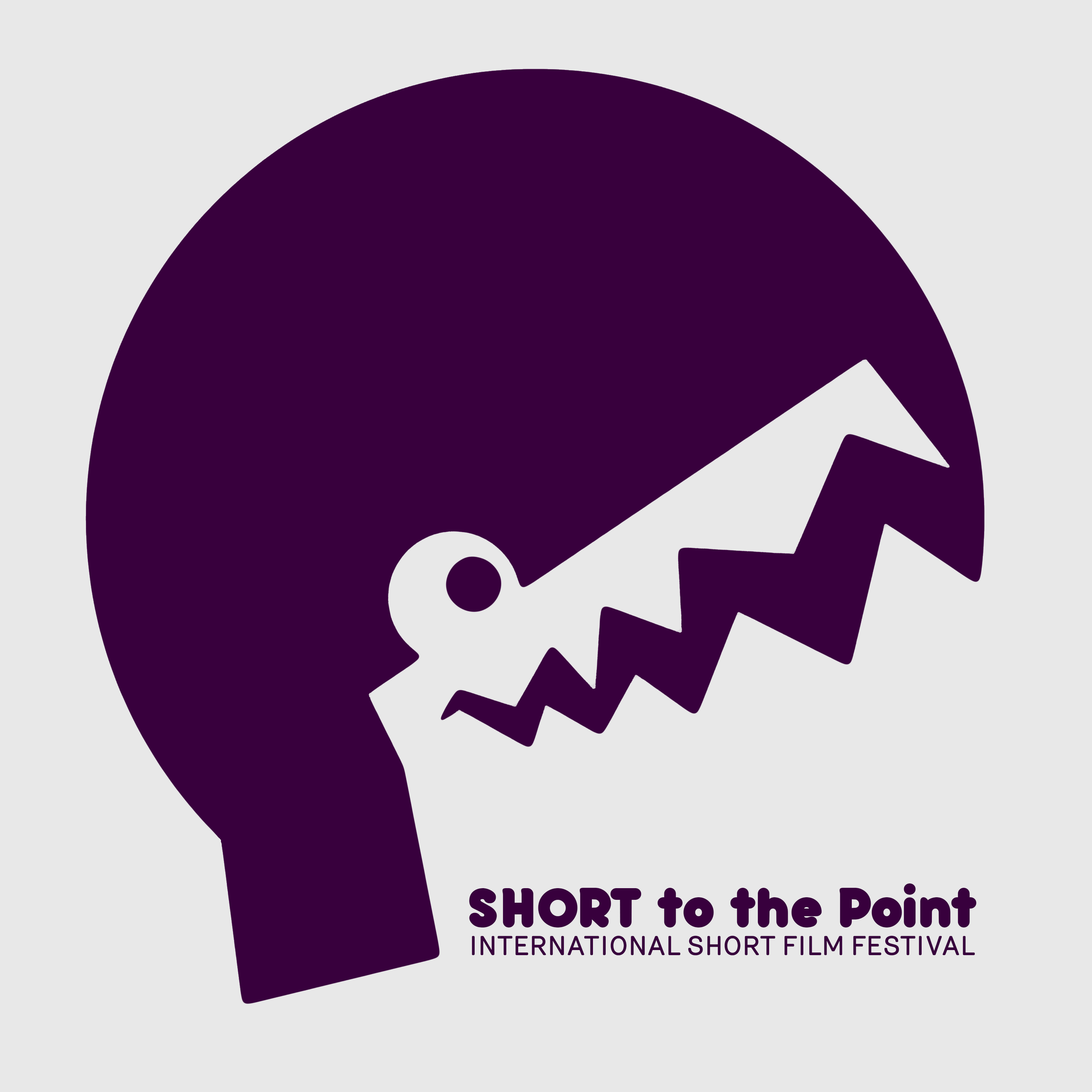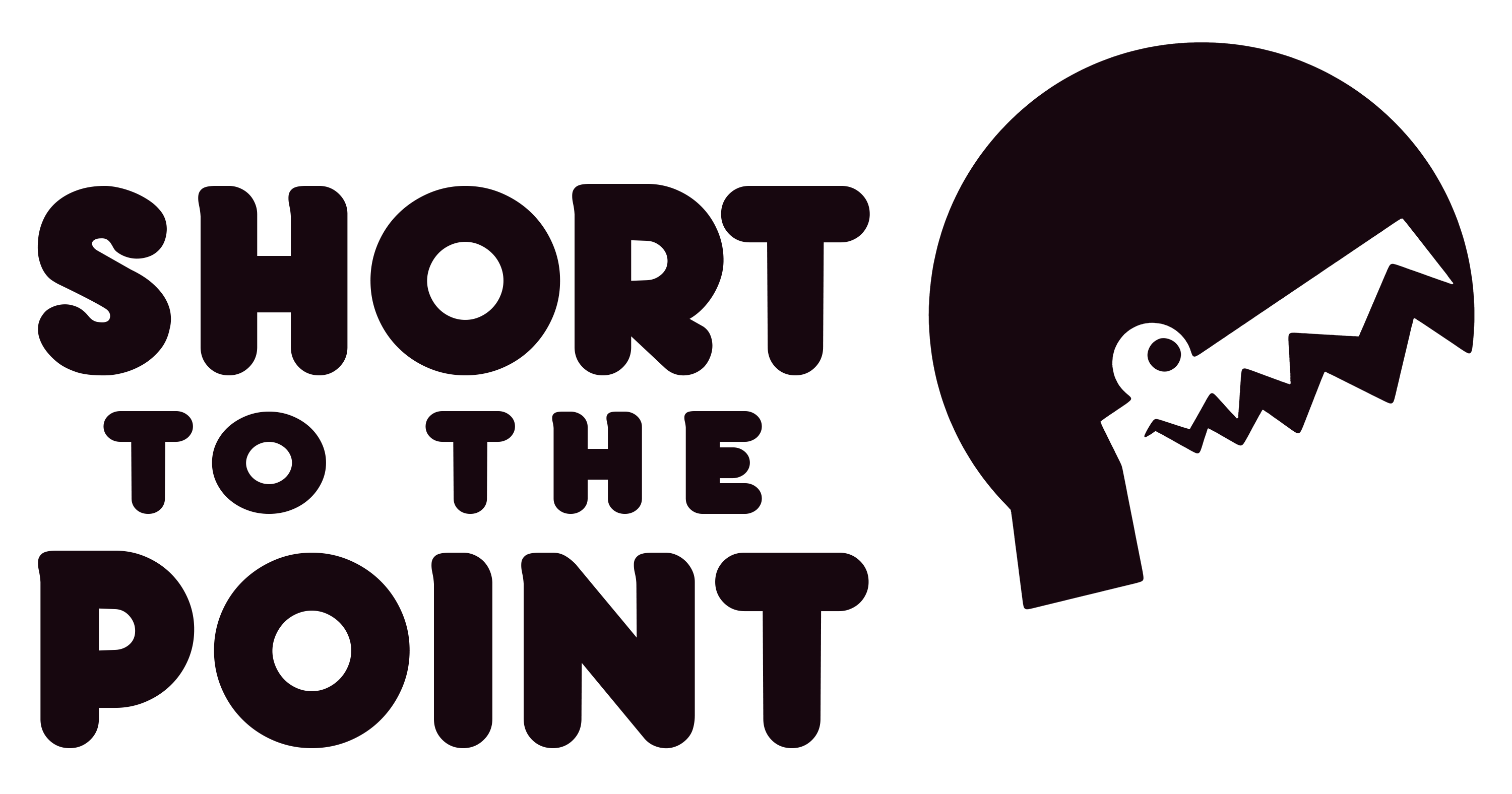Passionate about cinema and video since my youngest age, in 2013 I graduated from ESRA (Ecole Superieure de Réalisation Audiovisuelle) in Paris. At the same time, I have always been passionate about interpretation, so I followed coaching and acting courses. In addition, I created my association “Tirak Line”, to be able to frame my various personal projects. Thanks to that, I produced and directed several short films with my team. Subsequently these films are presented at various film festivals in France and abroad. With these diverse experiences, now I offer my services in the audiovisual as a director, cameraman and freelance editor.
FILMOGRAPHY:
THE MAGICAL MOUSE (2011)
THE BEAUTY AND THE BEAST (2013)
ON THE EDGE OF OBLIVION (2013)
YO SOY PEDRO (2014)
THE SECRET OF TATOOINE (2016)
THE OLD-MEN (2017)
MONSTRUS CIRCUS (2019)
- What personality or character traits are necessary to excel in being a cinematographer/DP?
To be a good cinematographer, you must have patience, with his team but also with his project. You have to take the time to do things right and leave nothing to chance. In addition to having a personal quality, you must have a good knowledge of the technique and be aware of the new materials available to us.
- In terms of cinematographers, who do you like?
I admire the directors with a universe very specific. Tim Burton is one of my favorites, these characters and his world touch me. I like the fact of not reproducing the reality in the cinema.
- What makes good cinematography?
A good cinematography, for me, is when the image has an artistic imprint. The cinematographer must bring a real artistic vision in a sequence and thus bring the spectator into a universe.
- What makes a good camera? And what has been your favorite camera to use?
We choose the camera according to the project. In my case, for a self-produced project I turned to cameras that are cheaper than movie cameras but still very effective. I shot Monstrus Circus with the panasonic GH5 which allows to shoot in 4K with high bitrates, which is an advantage for all that is special effects. It is also slow motion at 180 fps in HD, a significant advantage.
- Do you think that cinematographer’s work has changed when movies went from film to digital?
Between analog and digital cinema there is a world of difference. Annalogique adds a significant charm to the image, but the film costs very expensive, it is necessary to know perfectly his technical decoupage not to lose money. It also involves development costs etc … I have a lot of respect for the projects filmed. For the digital it’s much simpler today’s sensor cameras are very sensitive you can turn in low light conditions. Now the cineaste are no longer limited by the number of shots because you can shoot as many shots as you want without costing money. And we can see the rush directly, which is a big advantage. I would say that the digital allows access to the art of the cinema, but one should not neglect the solid knowledge.
- Now that people watch films on TV, computers and even their phones, do you think about that end experience when you are shooting?
When I develop a project, I work according to the story, not in function of the broadcast media. I don’t want to put constraints on myself. We must see a movie in good conditions, not on a phone or computer. Seeing a movie in the cinema or festival has a different approach to the viewer.
- Which one is more important: light or shadow?
One does not go without the other … both are important but I prefer filming nights, we can “build” his light from A to Z. It is more complicated but more interesting.
- What is the cinematographer’s involvement in pre-production, production and post-production?
The work of the cinematographer is in the 3 phases of a film. During the pre-production, it is necessary to take into account the constraints that the filming implies, to choose the material and to define the artistic choices. During a shoot this is one of the most important posts he will create the mood of the film. Subsequently in post production he give an advices for the calibration of the film to have the final color to the film with the calibrator, it is a very interesting step.
- What involvement in the production budget does the cinematographer/DP have?
The light budget is to be taken into account in a production. It is necessary to define the material that you need according to the constraints of each sequence. For example, if you tour a night outside if the sound is redone in post prod you can use groups éléctogenes and projectors Classic. If it is necessary to take the sound, it is preferable projectors on bateries like LEDs. These are things to consider in pre-production that affect a budget.
- What is your most valuable advice for being a Cinematographer/DP?
The best advice I can give a cineaste is to believe in him. Above all, do not put yourself in a barrier and follow his instinct, if he has the desire and the motivation there will be no doubt that he will manage to carry out his project. Never get discouraged the road is long and not always easy.













